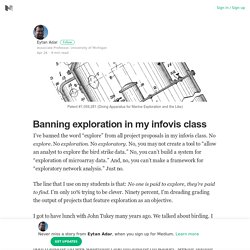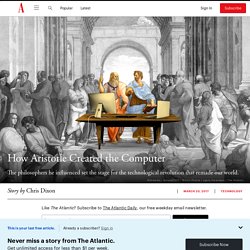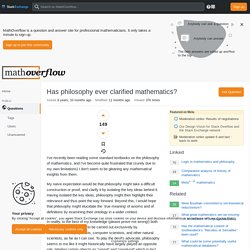

10 Secret Trig Functions Your Math Teachers Never Taught You. On Monday, the Onion reported that the "Nation's math teachers introduce 27 new trig functions.

" It's a funny read. The gamsin, negtan, and cosvnx from the Onion article are fictional, but the piece has a kernel of truth: there are 10 secret trig functions you've never heard of, and they have delightful names like "haversine" and "exsecant. " Whether you want to torture students with them or drop them into conversation to make yourself sound erudite and/or insufferable, here are the definitions of all the "lost trig functions" I found in my exhaustive research of original historical texts Wikipedia told me about.
Versine: versin(θ)=1-cos(θ) Vercosine: vercosin(θ)=1+cos(θ) Coversine: coversin(θ)=1-sin(θ) Covercosine: covercosine(θ)=1+sin(θ) Haversine: haversin(θ)=versin(θ)/2 Havercosine: havercosin(θ)=vercosin(θ)/2 Hacoversine: hacoversin(θ)=coversin(θ)/2 Hacovercosine: hacovercosin(θ)=covercosin(θ)/2 Exsecant: exsec(θ)=sec(θ)-1 Excosecant: excsc(θ)=csc(θ)-1. This corner shop giving customers math equations in exchange for free stuff if they get it right : nextfuckinglevel.
Banning exploration in my infovis class – Eytan Adar – Medium. I’ve banned the word “explore” from all project proposals in my infovis class.

No explore. No exploration. No exploratory. No, you may not create a tool to “allow an analyst to explore the bird strike data.” No, you can’t build a system for “exploration of microarray data.” The line that I use on my students is that: No one is paid to explore, they’re paid to find. I got to have lunch with John Tukey many years ago. Somehow that term has given students, and some professionals, the license to be totally imprecise about what they were building, and (more critically) how to evaluate whether it worked. Exploration is too unbounded in the context of building a tool. The Purpose of EDA My model is that exploratory data analysis consists of two main parts and both are a type of finding: In the context of my class — and maybe more broadly — a successful exploratory tool is one that lets the analyst find the patterns they are looking for in the data (quickly, accurately, reliably, scaleably). Structure and Interpretation of Computer Programs, 2e: Top.
How Aristotle Created the Computer - The Atlantic. THE HISTORY Of computers is often told as a history of objects, from the abacus to the Babbage engine up through the code-breaking machines of World War II.

In fact, it is better understood as a history of ideas, mainly ideas that emerged from mathematical logic, an obscure and cult-like discipline that first developed in the 19th century. Mathematical logic was pioneered by philosopher-mathematicians, most notably George Boole and Gottlob Frege, who were themselves inspired by Leibniz’s dream of a universal “concept language,” and the ancient logical system of Aristotle. Listen to the audio version of this article:Feature stories, read aloud: download the Audm app for your iPhone. Mathematical logic was initially considered a hopelessly abstract subject with no conceivable applications.
A well-known history of computer science describes Shannon’s paper as “possibly the most important, and also the most noted, master’s thesis of the century.” All men are mortal. All men are mortal. How Aristotle Created the Computer - The Atlantic. Ho.history overview - Has philosophy ever clarified mathematics? In order to address this question, I think it is important to first take a step back and examine with a critical eye something that we normally take for granted, namely the professionalization and compartmentalization of academic departments.

It is common to think of "philosophy" as "that which is practiced by professional philosophers" and "mathematics" as "that which is practiced by professional mathematicians. " However, in my opinion, the divvying up of academic "turf" is driven more by sociological and economic factors than by any intrinsic divisions in the intellectual subject matter. To put it crassly (and somewhat exaggeratedly), my fellow academicians and I stand to extract more money and prestige from the rest of society if we agree to slice up the pie in a certain way and not fight too much internally over the division, conserving our energy to be directed outwards.